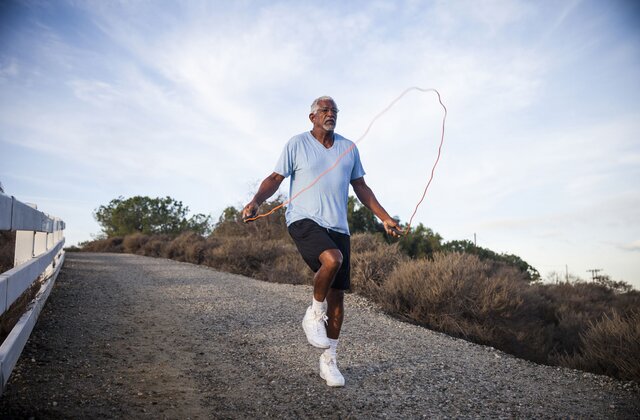
The Science Behind Morning Workouts
Why Training Early Feels Different
Morning workouts are not just about habit or discipline. They are biologically strategic. Training early aligns with your body’s circadian rhythm — the internal clock that governs sleep, hormone cycles, alertness, and physical performance (Chtourou and Souissi 2012).
When you move in the morning, you work with your biology instead of against it. Cortisol peaks naturally at this time, setting the stage for enhanced energy mobilization, mood, and movement precision (Scheer et al. 2010). Early exercise also improves insulin sensitivity and primes your nervous system for the rest of the day (Van Proeyen et al. 2010).
Your Body Has a Built-In Clock
The circadian system regulates everything from metabolism to muscle responsiveness. Early workouts leverage a hormonal and neurological advantage.

Here’s what happens:
- Cortisol Curve Support
Cortisol, often misunderstood as a stress hormone, follows a diurnal pattern. It rises sharply in the early morning and declines throughout the day (Scheer et al. 2010). Exercising during this natural rise enhances glucose availability and mental sharpness. - Neuromuscular Activation
Morning movement activates the motor cortex and spinal pathways, enhancing coordination and reaction time (Chtourou and Souissi 2012). Although core temperature and strength typically peak in the afternoon, neural efficiency and focus are often better earlier in the day. - Metabolic Reboot
Training before breakfast can increase fat oxidation and improve insulin sensitivity — key elements in metabolic flexibility and long-term energy regulation (Van Proeyen et al. 2010).
The Benefits Go Beyond Fitness
Morning exercise impacts not only the body but also the brain.
- Mood and Dopamine: Exercise elevates dopamine and endorphin levels, improving mood and motivation throughout the day (Meeusen and De Meirleir 1995).
- Sleep Regulation: Early activity supports melatonin production at night by anchoring the circadian rhythm through cortisol and light exposure (Buxton et al. 2012).
- Cognitive Readiness: Movement stimulates BDNF (brain-derived neurotrophic factor), which supports learning, focus, and memory retention (Winter et al. 2007).
Actionable Tips to Maximize Morning Training
- Hydrate First
Rehydrate after sleep to support blood flow and oxygen delivery. - Start with Mobility
Begin with dynamic movement to warm the body and activate the nervous system. - Use Natural Light
Morning sunlight helps anchor your circadian rhythm and enhances mood via retinal signaling (Khalsa et al. 2003). - Stay Consistent
The most important variable is consistency. Short, daily morning sessions are often more sustainable and impactful than occasional long ones.
One Simple Cue
Train with your biology, not against it. Morning workouts support hormonal rhythm, neurological clarity, and metabolic resilience — all before your day even begins.
References
Buxton, O. M. et al. (2012) ‘Sleep restriction for 1 week reduces insulin sensitivity in healthy men’, Diabetes, 61(11):2789–2795. https://doi.org/10.2337/db12-0605
Chtourou, H. and Souissi, N. (2012) ‘The effect of training at a specific time of day: a review’, Journal of Strength and Conditioning Research, 26(7):1984–2005. https://doi.org/10.1519/JSC.0b013e31825770a7
Khalsa, S. B. S. et al. (2003) ‘A phase response curve to single bright light pulses in human subjects’, Journal of Physiology, 549(3):945–952. https://doi.org/10.1113/jphysiol.2003.040477
Meeusen, R. and De Meirleir, K. (1995) ‘Exercise and brain neurotransmission’, Sports Medicine, 20(3):160–188. https://doi.org/10.2165/00007256-199520030-00004
Scheer, F. A. et al. (2010) ‘Adverse metabolic and cardiovascular consequences of circadian misalignment’, PNAS, 106(11):4453–4458. https://doi.org/10.1073/pnas.0812726106
Van Proeyen, K. et al. (2010) ‘Training in the fasted state improves glucose tolerance during fat-rich diet’, Journal of Physiology, 588(21):4289–4302. https://doi.org/10.1113/jphysiol.2010.196493
Winter, B. et al. (2007) ‘High impact running improves learning’, Neuroscience, 144(2):541–547. https://doi.org/10.1016/j.neuroscience.2006.10.065



















